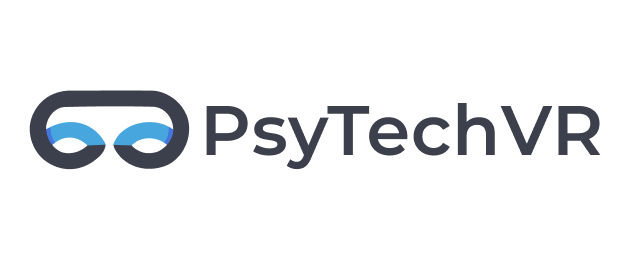Remove conflict zones with art therapy in VR
More than a painting
More than a painting

The principle of drawing
The principle of drawing

It is elementary: through drawing, a person activates neural connections and projects them onto other life strategies. So, for example, by rounding the sharp corners of figures, a person softens conflict zones and works out negative and negative emotions. While drawing, the human brain interprets consciousness both at the emotional and cognitive levels, and by transferring one's fears to paper, a person has the opportunity to look at his problem in more straightforward representations. Graphic symbols that appear when drawing are a system of questions and answers. If these symbols are correctly deciphered, you can get answers to your questions and new models (templates) of behavior.

Art therapy with PsyTech VR
Art therapy with PsyTech VR

- remove restrictions and transform evil into good;
- get rid of anxiety, stress, and tension;
- overcome resentment and feelings; reveal your inner potential;
- motivate yourself and always have an inexhaustible source of inspiration;
- effectively plan and manage time;
- resolve conflict situations; find harmony, and achieve cherished desires.


VR Bundle
- Latest Meta Quest 3s (128GB) VR Headset with the installed VR app
- 12-Month Access to PsyTechVR Platforms
- Generative-AI to create exposure scenarios
- Dedicated Support Manager
- Comprehensive 4-Hour Training & Certificate
- Exclusive Marketing Materials for your website and social media
*VR headset will belong to you with full access to the VR app store
Overcome anxieties with PsyTech VR now
Daniil has led powerful teams toward creating groundbreaking solutions capable of combining deep user empathy with technical expertise in the field. One of the most noteworthy achievements is the leading position in the development of MindGap AI – an artificial intelligence platform that assists with creating custom virtual environments and scenarios for exposure therapy. His leadership has been a significant part of why PsyTechVR can deliver such impactful and user-oriented solutions that improve mental health treatment efforts while also assisting business growth.

Read more about PsyTech VR
| | Get in touch We're ready to lead you into the future of mental health Sending this information you agree to share your personal information according and limited by our confidentiality statement. |

We're excited to offer you the chance to experience the power of PsyTech VR with a FREE Trial!




 PsyTechVR
PsyTechVR




